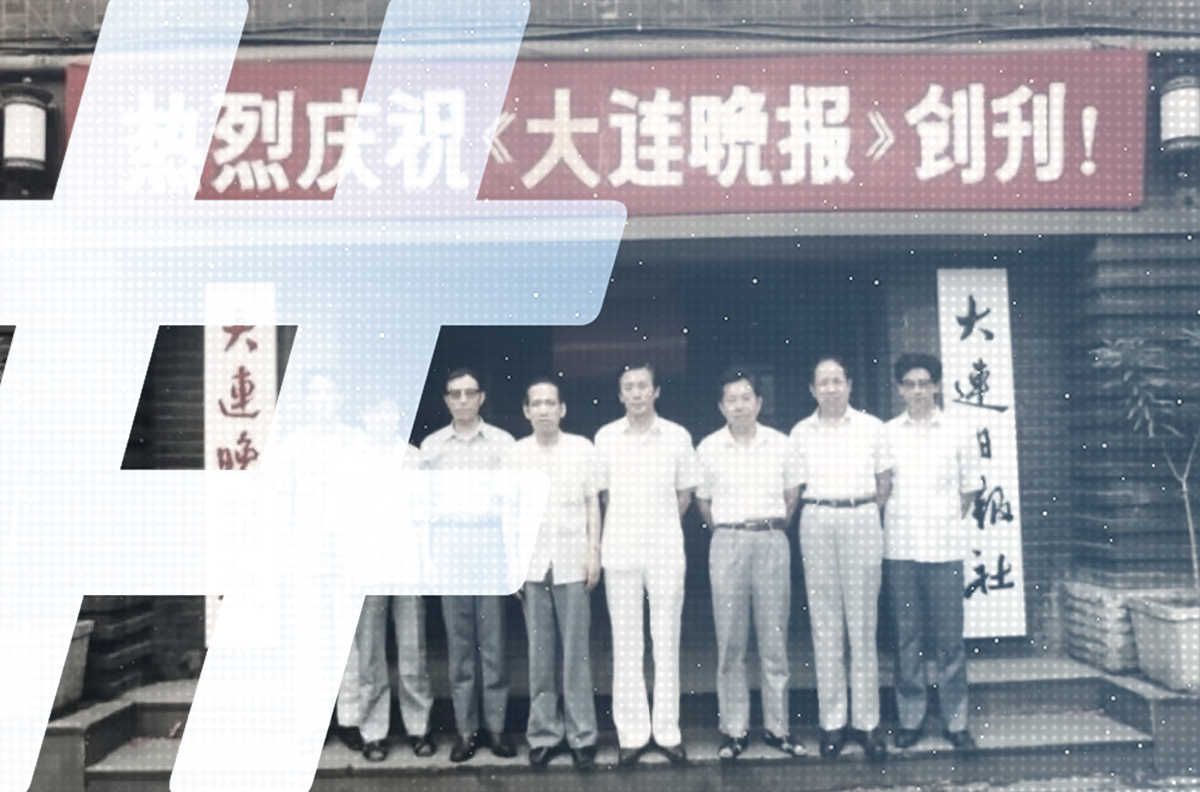Headlines and Hashtags
Internet censors move to quiet debate on new online video and audio regulations
By David Bandurski – While some analysts of China’s technology sector have suggested new regulations for the online audio and video industry slated to take effect on January 31 do not “actually represent a change in policy,” they have more edgy Chinese media up in arms, and CMP sources indicate authorities are already moving to quiet dissenting voices.
The State Council’s Information Office (the primary office tasked with policing China’s Internet) ordered the removal yesterday of an online editorial from Shanghai’s Oriental Morning Post criticizing the regulations, a media source told CMP [Homepage Image: Youku.com, one of China’s leading video sharing sites].
Saying the new MII/SART regulations a were “clearly an act of establishing administrative licensing”, the Oriental Morning Post editorial [still available here] suggested they were a clear violation of Article 15 of China’s Administrative License Law, which additionally says that the setup of administrative licensing systems should primarily address such special areas as national security, public safety and limited national resources having a direct bearing on the public interest.
“An icy wind is cutting across the Internet as we enter the new year,” said the lead editorial in today’s Southern Metropolis Daily.
The newspaper said plainly that the new regulations “would bring the diversity of online video programming under much stricter controls”:
According to the regulations, companies hereafter applying to offer online video and audio services must be wholly state-owned (国有独资) or state-controlled (国有控股), and must have no record of violations in the three years prior to application. Many people believe that the lately very rich culture of online audio and video programming will soon lose its shine as it is “led to health and order.”
The Southern Metropolis Daily editorial argued that the SARFT/MII regulations are a “shocking intrusion” regardless of whether the government’s goal is to promote cultural development and innovation (a key Hu Jintao policy buzzword), or to ensure fair market competition.
“Industry controls on the online video and audio industry are unfair and directly concern the development interests of countless companies. They are also unjust, binding the civil right to expression in the online age,” the newspaper said.
RELATED READING:
“SARFT, MII jointly regulate and control online video business“, Caijing magazine, December 30, 2007
Supplementary Note, January 4, 2008, 8:35pm Hong Kong:
An additional point to note, as the debate over these new regulations unfolds in the Western media and blogosphere, is that these regulations should not be seen as an attempt to “shut down the industry.” Kaiser Kuo noted this correctly on his Digital Watch blog last month, and Jeremy Goldkorn of Danwei.org has concurred. But we can eliminate the “shut down” thesis (as to the motivations of MII/SARFT) out of hand by simply looking at the party’s official media policy (“Three Closenesses”, “Media Strengthening”, etc.), which is about the perfect marriage of control and commercial growth. No, leaders have no wish to shut down the online video and audio industry, or to shake it up unnecessarily. They want it to flourish, and for service providers to make money hand over fist. But they also want to bring it to heel.
The crucial point is to observe how leaders might seek to accomplish these twin objectives through regulations of this sort.




















